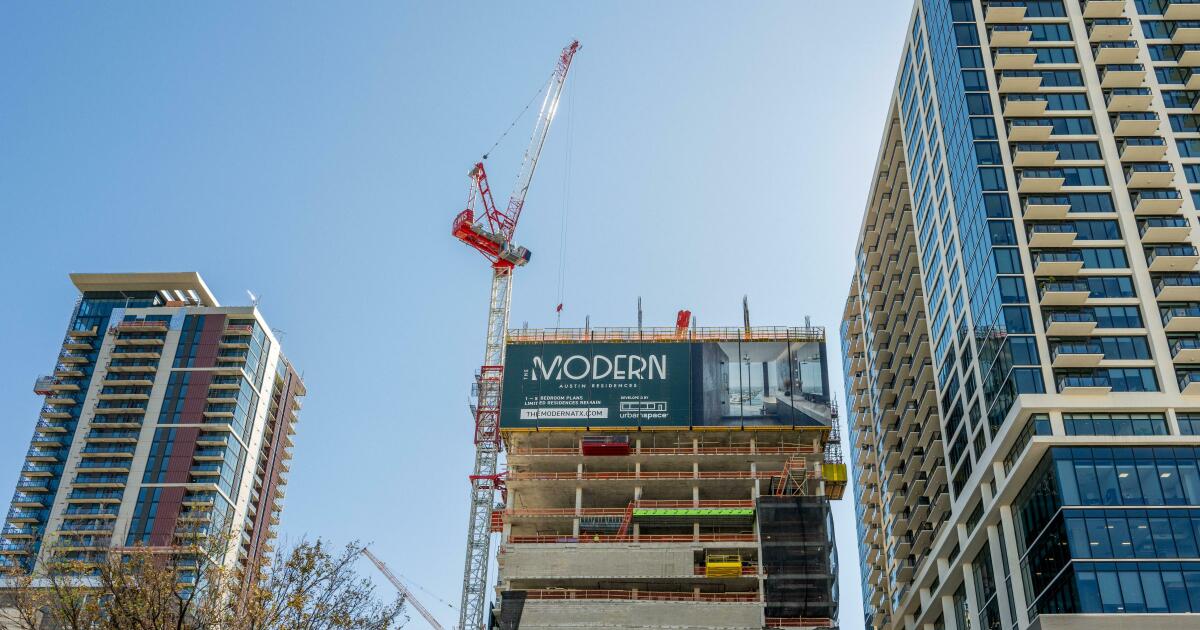The city council in Austin, Texas recently proposed something that could seem like political Kryptonite: getting rid of parking minimums.
Those are the rules that dictate how much off-street parking developers must provide — as in, a certain number of spaces for every apartment and business.
Around the country, cities are throwing out their own parking requirements – hoping to end up with less parking, more affordable housing, better transit, and walkable neighborhoods.



its addressing sprawl problems. Not only is parking an expensive use of space to store a vehicle but its the tip of the iceberg: the access roads become a barrier to other transportation thats quieter, less polluting and most importantly more space efficient.
the other thing that needs to happen is exceptions need to be made to zoning laws for groceries and restaurants so they can be located in residential areas.
That’s great in theory but I bet it’s just lobbying by builders who don’t want to make interested garages
It’s great in practice, too. I live in Madison, WI, where the city rescinded parking minimums several years ago. Yes, many developers were for it, exactly because they don’t want to waste space in their developments on unprofitable car storage.
However, the result has been great for everybody. One example is a restaurant that opened in my old neighborhood in a spot that would have been impossible under the old rules. It is super-popular, and often stuffed to the gills on Friday nights. Several affordable housing projects have been able to go forward as a result of lower costs from less parking, and the city passed a Transit Oriented Development zoning overlay district to encourage more. There has been some moaning from neighborhood associations about the pressure on street parking, but city studies (and my own observations) find that the street parking occupancy is very low.
Not everything that developers and corporations want is bad, and we shouldn’t condemn policies just because they want them.
I’m not saying don’t try things. I’m saying better effort would be spent on building tram or buslines or whatever. Build the alternative and things will sort out.
It sounds like in the restaurant example they just externalized the problem, and street parking is dispersed, even if you aren’t noticing it. That’s fine in one occurrence, but if all places had this policy, and no alternative transit is implemented, then street parking will be a nightmare and no one has really benefited but the builder.
The restaurant is near a popular bike path, and nestled in a neighborhood in walking distance of hundreds of houses. The city also redesigned its bus routes over this past summer to improve service. It’s also building BRT lines, which will open next year. But even if that were not the case, street parking isn’t a problem that needs to be mitigated, no? It’s a public resource deliberately built for that purpose, using tax money. If anything, more parking on the street means better utilizing existing city infrastructure. (Else, why did we build it?)